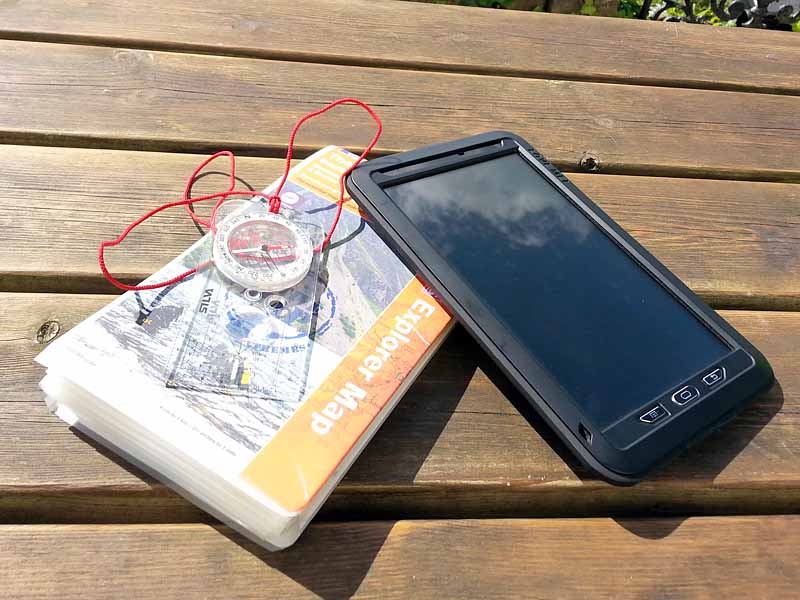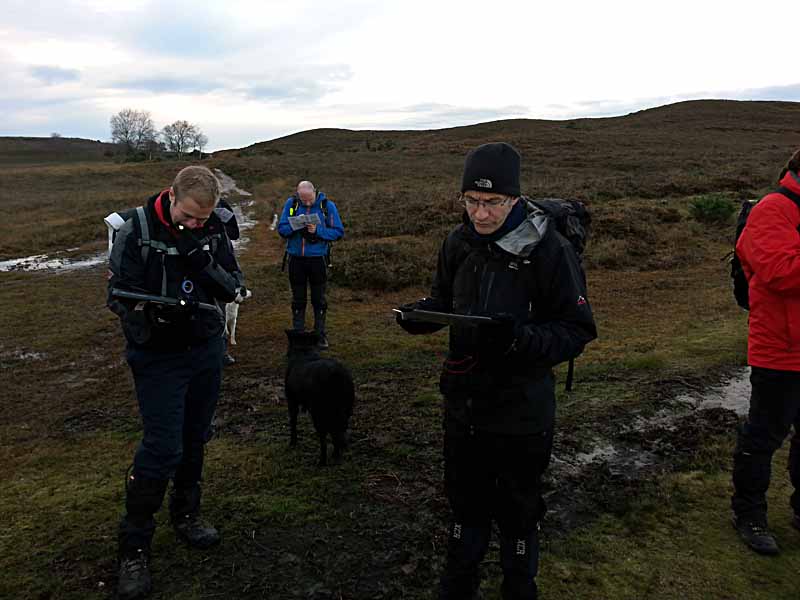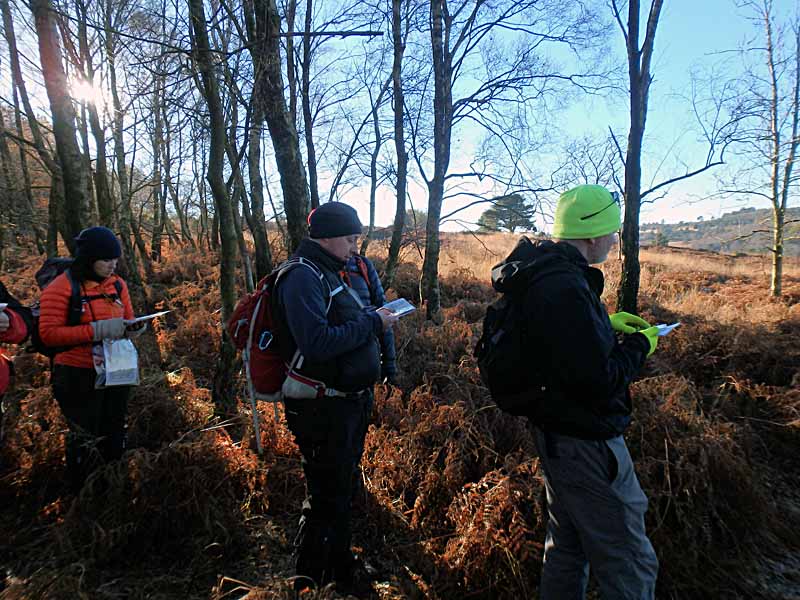Navigation Courses
Starter Navigation (Beginner)
Using largely man-made features we will be taking you on a journey along Britain's many trodden paths. Our focus will remain firmly on the map and how it relates to our surroundings while steadily increasing the level of detail used. While we will touch on compass basics, we believe that the fundamental secret of effective navigation is to read your surroundings and relate them to your map.



Upcoming open sessions:
None at this time
Any pre-requisites?
Recent experience of walking in the countryside is a bonus, but no prior experience is required.
What will you learn?
- Navigating using a variety of maps and scales
- Use of grid references
- Orientating a map using features and a compass
- Use of linear features for navigation
- Identifying prominent landforms (hills, valleys) on the map
- Basic map symbols to confirm your location
- Distances on the map and the ground
- Plan and implement simple routes
- Recognising navigation errors and correcting them
- Where you can walk in the UK
- What you should take with you when on a walk
- What to do when things go wrong
What can you expect?
Learn to plan a route and navigate confidently and competently along Britain's paths, tracks and bridleways.
Depending on where the course runs we will either meet in a cafe or a walkers car park on day one. After some initial admin and getting to know the group we will soon be on our way navigating along the tracks and paths of the British countryside. Starting from the very beginning we will introduce you to the basic concepts of map orientation, linear features, map symbology and timings.
During the lunch break we will discuss walking kit, the countryside code and some basic route planning strategies.
The afternoon continues along the same lines as the morning, though we will steadily increase the amount of information you absorb. All the while you will practise every new technique, tactic and strategy yourself to find out what works well for you and what doesn't. By the end of day one we will have covered the vast majority if not all of our syllabus and will be looking forward to day two.
Day two will follow a similar path to day one, but we have a little more freedom to tailor the course to your specific needs. We incorporate a small "assessment" element into the second day, allowing us to issue you a "letter of competence" relevant to the content we have covered and assessed.
What do you need to bring?
Participants should be equipped for a normal day walk out with warm layers, waterproofs and trainers/hiking boots.
All participants will require a 360° baseplate compass, ideally with a magnifying glass built in. There are cheaper and more expensive models on the market to choose from starting around £5 for a cheap Hi Gear compass to £30 for a Silva Expedition 4 model. Our instructors favour the Silva Expedition 4 (non-military model) although the Silva Ranger model is a viable alternative. Whichever compass you choose to bring along make sure it is a baseplate style like the ones mentioned here, has a rotating compass housing with 360° markings, a clearly marked needle (two colours) and comes with measuring scales along the side. Ideally one of these scales should be 1:25k/1:25000 and another should be 1:50k/1:50000. If you are in doubt about a particular model give us a shout and we'll tell you whether it's suitable.
We provide all mapping for the duration of the course and you will be able to keep the maps you have used for future use and reference at no extra cost.
Is the course accredited?
No. We previously ran accredited courses, but since the accreditation is merely a statement of personal competence, we found that the syllabus dictated to us was too prohibitive to teach the content our clients were asking for. We also firmly believe that navigation is best learnt in the outdoors, so spending half a day in a classroom tied up with paperwork is not our idea of a good value for money course.

